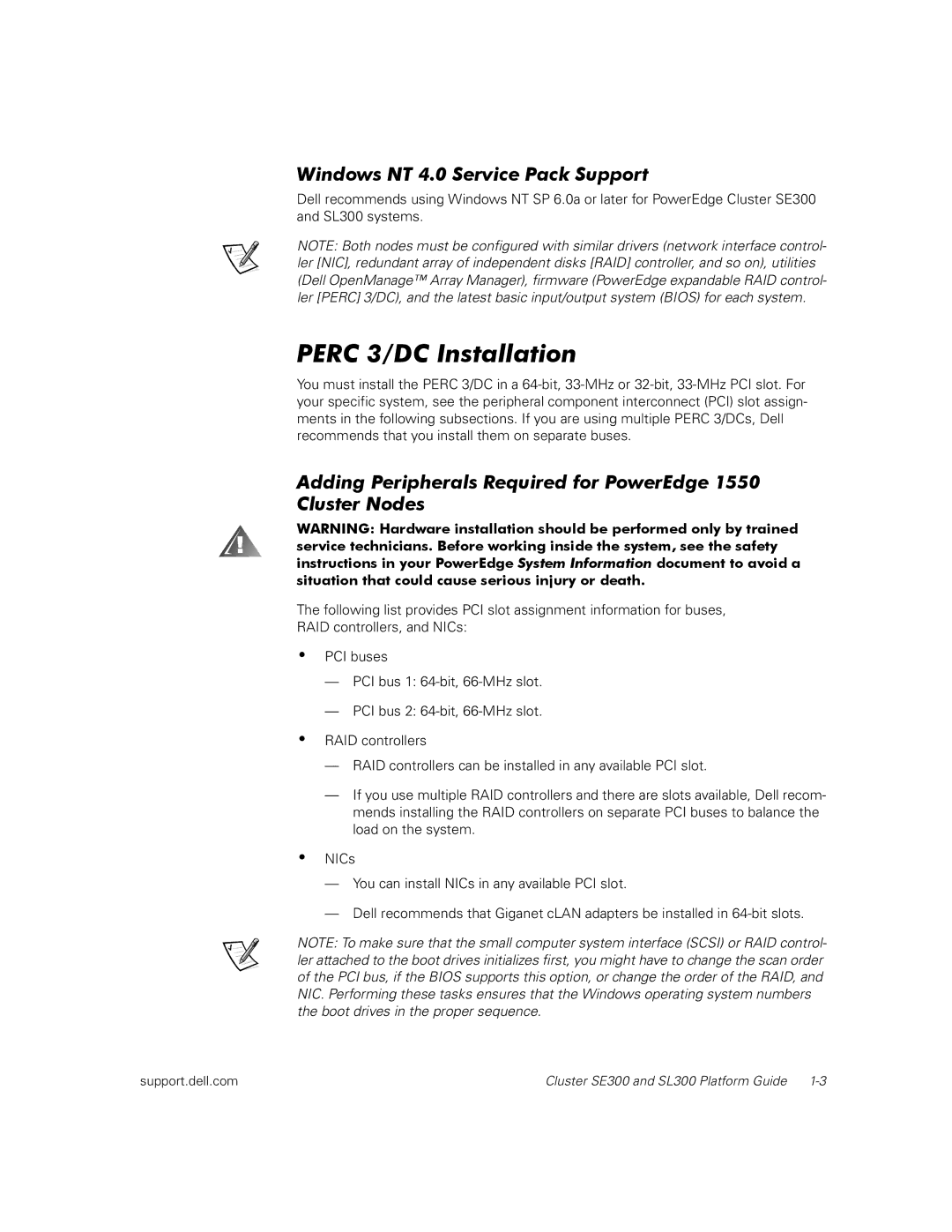SL300, SE300 specifications
The Dell SE300 and SL300 are innovative monitors designed to meet the demands of both professional environments and casual use. These displays offer an array of features that make them stand out in the competitive market of computer monitors.The Dell SE300 monitor is tailored for versatility with its 21.5-inch Full HD display, delivering a resolution of 1920 x 1080 pixels. This monitor is engineered to provide vibrant colors and sharp images, making it an excellent choice for both productivity tasks and media consumption. The IPS technology used in the SE300 enables wide viewing angles of up to 178 degrees, ensuring consistent image quality no matter where you are seated. With a 60Hz refresh rate and 5ms response time, this monitor is well-suited for everyday computing, including document editing and web browsing.
On the other hand, the Dell SL300 is a slightly more advanced option, featuring a larger 27-inch display that takes productivity to the next level. Like the SE300, it also boasts Full HD resolution but offers additional enhancements that cater to serious gamers and graphic designers. The SL300 incorporates an ultra-thin bezel design, which maximizes screen space and allows for a more immersive viewing experience.
Both models are equipped with Dell's ComfortView technology, which reduces harmful blue light emissions, allowing users to work for extended periods without experiencing eye strain. Additionally, they come with flicker-free technology, ensuring a stable viewing experience.
Connectivity is another strong point for both models. They feature multiple ports, including HDMI and VGA, making it easy to connect to various devices such as laptops, desktops, and gaming consoles. The built-in cable management system helps keep your workspace organized and clutter-free.
In terms of design, both monitors are aesthetically pleasing, with a sleek and modern look that fits into any office or home setup. The adjustable stands allow users to customize the height and tilt, ensuring ergonomic comfort during use.
In summary, the Dell SE300 and SL300 monitors combine exceptional display quality, advanced technologies, and user-friendly features. Whether for work or leisure, these monitors provide a reliable and captivating viewing experience that is sure to meet the diverse needs of users.
